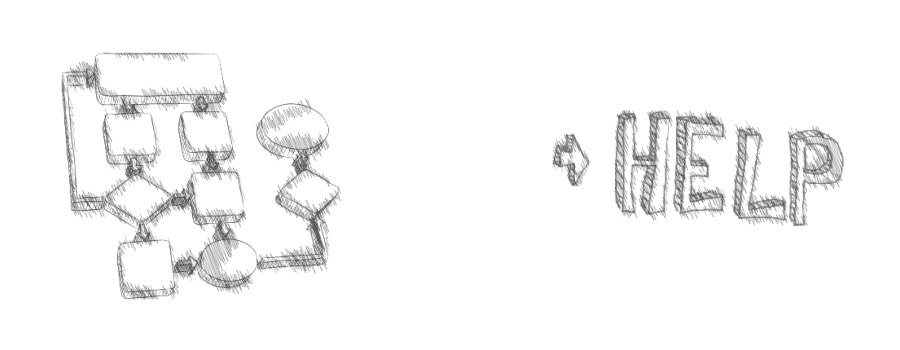 Regardless of the nature of your proposed or actual business, the likelihood of it changing hands at some point is high. The small business owner must deal with successorship whenever the business transfers from one person to another. This may be an issue when you purchase your business or sell it or when you pass the business on to another due to bankruptcy or death. This process can be very tricky given the legal ramifications of any property transfer. Every business owner must be sure to transfer property without shortcuts to eliminate the possibility of future legal issues regarding who or what is responsible for what liabilities the business incurred.
Regardless of the nature of your proposed or actual business, the likelihood of it changing hands at some point is high. The small business owner must deal with successorship whenever the business transfers from one person to another. This may be an issue when you purchase your business or sell it or when you pass the business on to another due to bankruptcy or death. This process can be very tricky given the legal ramifications of any property transfer. Every business owner must be sure to transfer property without shortcuts to eliminate the possibility of future legal issues regarding who or what is responsible for what liabilities the business incurred.
Customer, vendor, and employee dissatisfaction are an unpleasant but unavoidable part of doing business. Determining who, if anyone, is at fault is difficult on its face. If a business has changed hands, the process becomes that much more complicated, particularly if the past or present owners have not thoroughly researched who will be accountable when and under what circumstances.
If you acquire or intend to acquire a business entity, you need to first research and address the potential liabilities you may inherit. Not doing so can result in future disagreements and even litigation over unresolved issues. For the same reason, you should ensure that any transfer of your company to an individual or entity is well planned. Aaron can guide you through the process of a merger, acquisition, or sale. You will need to perform due diligence before any transaction and we advise you purchase insurance with good coverage even after examination. Aaron can help you draft a solid buy/sell agreement that clearly lays out which party is responsible for what action – the acquirer or acquired.
Carefully planning for successorship or entering into any succession with a clear head and good research greatly reduces the likelihood of costly and damaging legal issues. Even if a business looks solid, Aaron ensures that you plan for who will be responsible both for immediate operations and future changes. It is essential to determine who will be liable for what and to determine it before any business changes hands. A successor liability claim may manifest in many different ways – and are often contrary to the intent of the parties involved. Since some issues are bound to arise, we know it is critical that you develop a comprehensive plan for managing any potential liabilities.
When conducting due diligence, both buyer and seller must identify products manufactured or services rendered prior to the merger or acquisition and assess what any exposure is and who is responsible. All parties need to understand any loss trends or defects so all parties know to whom liability should fall. As a buyer, you should review the selling company’s insurance records and any claims. Though difficult, you should ensure you have all policies – even those that are many years old, as losses can arise in the future that are covered under past policies. Properly assessing all policies is vital for preventing future claims.
Because the purchase/sale agreement is the company’s first line of defense against a lawsuit, a successor company needs to work with legal counsel to make sure the agreement specifically allocates responsibility between parties. Both buyer and seller need to be sure that the allocation works in concert with any liability insurance. Most insurance companies are particularly aware of successorship and are likely to exclude coverage for successor liability. To counter this, you will need to structure your agreement carefully to reduce or eliminate exposure. Our consultants can help you review current and past insurance policies, claim history, and potential successor liability.





